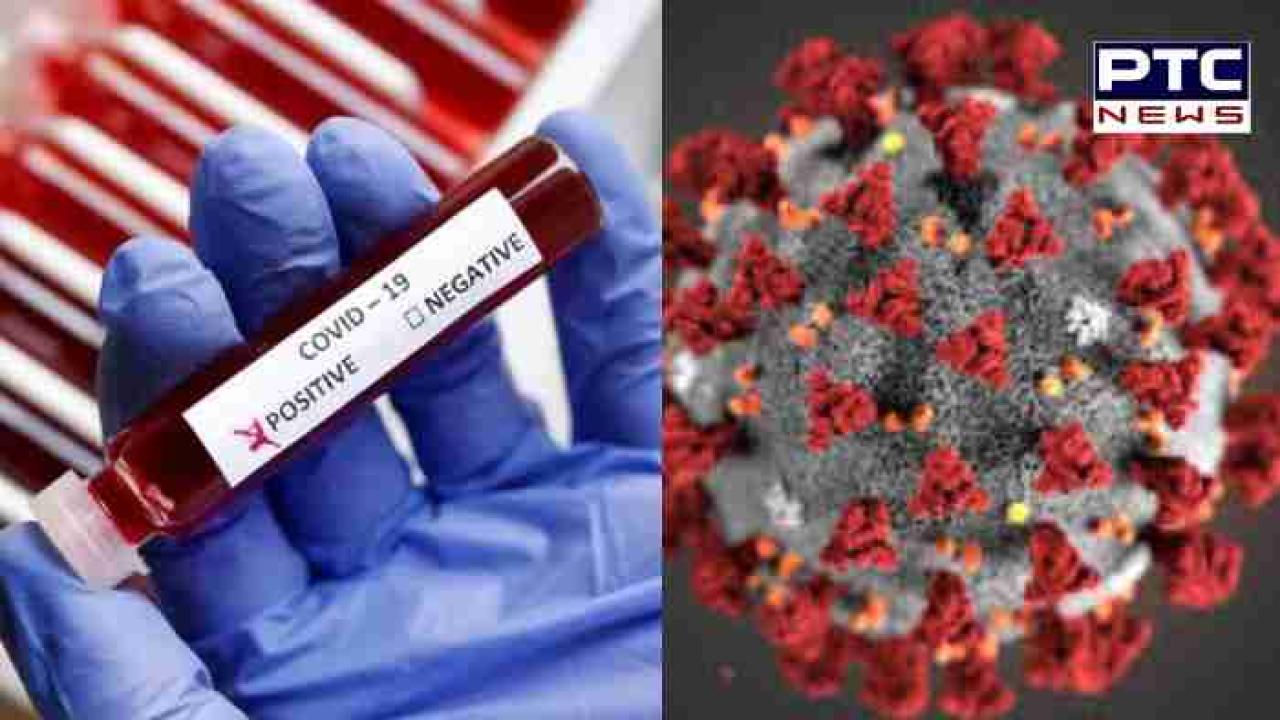Intermittent fasting protects against liver inflammation, liver cancer: Study
Intermittent fasting lowers the risk of liver inflammation and liver cancer a new study has suggested.

PTC News Desk: Intermittent fasting lowers the risk of liver inflammation and liver cancer a new study has suggested.
According to the study conducted by scientists at the German Cancer Research Centre (DKFZ) and the University of Tubingen on mice, fatty liver disease frequently causes chronic liver inflammation and can possibly result in liver cancer and intermittent fasting on a 5:2 schedule can block this progression.
Fasting reduces the development of liver cancer in mice with existing liver inflammation. The researchers uncovered two proteins in liver cells that are both responsible for the positive effects of fasting. An approved medicine can partially replicate this effect.
Incidence of liver failure, cancer rising
Nonalcoholic fatty liver disease is the most common chronic liver illness. It can have severe consequences. If left untreated, it can induce liver inflammation (metabolic dysfunction-associated steatohepatitis, MASH), cirrhosis, and even cancer.
Obesity is frequently associated with fatty liver disease. Obesity has become more prevalent in developing countries such as India and China, as well as Europe and the United States. As a result, the incidence of liver failure and cancer is fast growing in the affected countries.
According to Mathias Heikenwalder, DKFZ and University of Tubingen, "The vicious circle of an unhealthy diet, obesity, liver inflammation and liver cancer is associated with major restrictions and suffering for those affected and also represents a considerable burden on healthcare systems."
"We have therefore investigated whether simple dietary changes can specifically interrupt this fatal process."
Intermittent fasting is effective in reducing weight
Intermittent fasting has been found in multiple studies to be an effective way to lose weight and alleviate some metabolic disorders. Heikenwalder's team has now investigated in mice if this method can also protect the liver from fatty degeneration and chronic inflammation.


